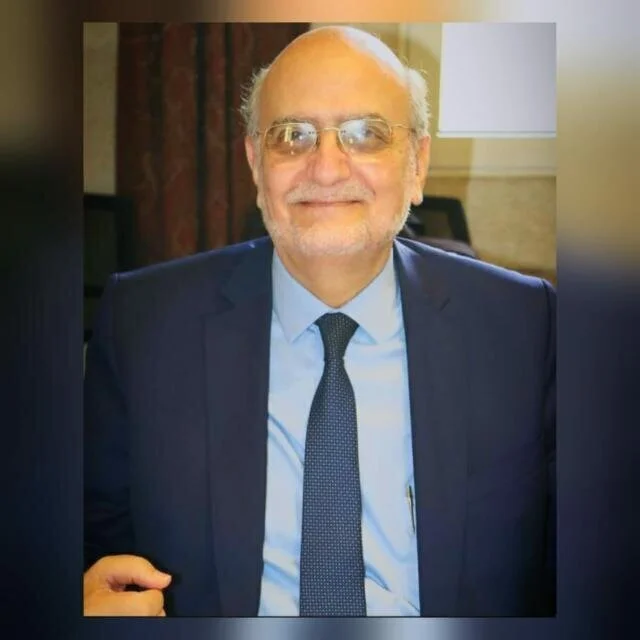Starving and bringing to kneels to Avoid Accountability
Dr. Michel E. Abs
General Secretary of the Middle East Council of Churches
The greater the corruption of the ruling groups, the greater is their hostility towards those who entrusted them with the management of their affairs, and with their very lives.
The more the ruler goes to extremes in his aim, the more ferocious he will be in protecting his dark files and "achievements".
He knows that God's eye is chasing him even in his most secluded privacy, and God's eye is the eye of the people. He is like the dubious one who almost says, “Take me,” because the eye of the Creator, the Creator who divides livelihoods and wealth, does not fail in noticing anything.
Such a person knows in his heart that the eye of the Lord, that pursued Cain, is chasing him in his sojourn and his travels. The Lord’s eye is the eye of the people that this corrupt governor continues to impoverish and starve in order to bring them to their knees.
Some perchance accuse the people of lacking awareness and negligence in changing the ruling classes, and some others blame the unscrupulous and omnipotent governor for his actions.
This brings to mind the elites, the cultural and intellectual elites as opposed to the governing bodies.
If we assume that the people are drenched in ignorance and destitution, leading them to misery and despair, then we are led to ask why do the cultural-intellectual elites overlook to fulfill the role assigned to them by virtue of their cognitive abilities?
Why are the elites silent in exposing what those that have taken over public affairs are doing?
It becomes clear to us while we read the events of history that the more miserable a society is, the more its elites continue to praise and venerate the governor, when the culture of accountability has disappeared, and thereby these elites are no longer ashamed of public reproach.
“If bashfulness is to disappear calamity will spread,” says the popular proverb. Moreover, “If you are shameless do what you want,” says another popular proverb.
We all know the impact of the economic situation on human behavior and the ability of want to dismantle the value system and destroy people's ideals.
This is exactly what the forces of corruption, extortion, and the swindling of influence beg for when they control overpowered societies.
The Master’s parable of the Good Samaritan applies to our society: pirates from inside and outside have attacked our society, robbed it of its resources and inflicted wounds on it.
However, our society did not beget the Good Samaritan to heal its wounds and lead us to the shore of safety.
When you see a wounded person lying waiting for mercy, you have two options: either you act like a good Christian nurtured in the teachings of the Incarnate Master, so you have mercy on the wounded one, you treat him and walk with him to where he is out of danger, or you act like a rapacious bird, biting his flesh and leaving him bare bones.
Unfortunately, many choose the second option and starve their people to bring them to their knees, and they continue to do so as long as they have the ability to carry on. They consider that by doing so, they move out the cup of accountability from their lips and avoid bitter punishment.
By acting as such, they think that they can forget the inescapable state of terror they experience, from which they have no way out.
You can deprive a people of food, water, and medicine, and manipulate their livelihood, their standard of living, and the future of their children, but you cannot stifle their dignity and yearning to seek help from the Creator. Their dignity flows from the dignity of the One who was incarnated and descended to them, tasted torment and was crucified, so as to raise them up to the rank of a fulfilled humanity. They draw all the strength and stand of pride that the oppressed in the world need to stand up before an oppressive ruler, from His redemptive Incarnation.
The people who are helpless and who are under occupation by external or internal groups at home should reflect on the parable of the Good Samaritan and choose their “neighbor” as stated at the end of the parable, as Jesus asked:
36 “Which of these three do you think became a neighbor to the one who fell among thieves?” 37 The expert in the law replied, “The one who had mercy on him.” So Jesus said to him, “Go and do likewise.”
If mercy and charity do not guide the work of those in charge of the affairs of societies, then what great misery befalls human civilization!

